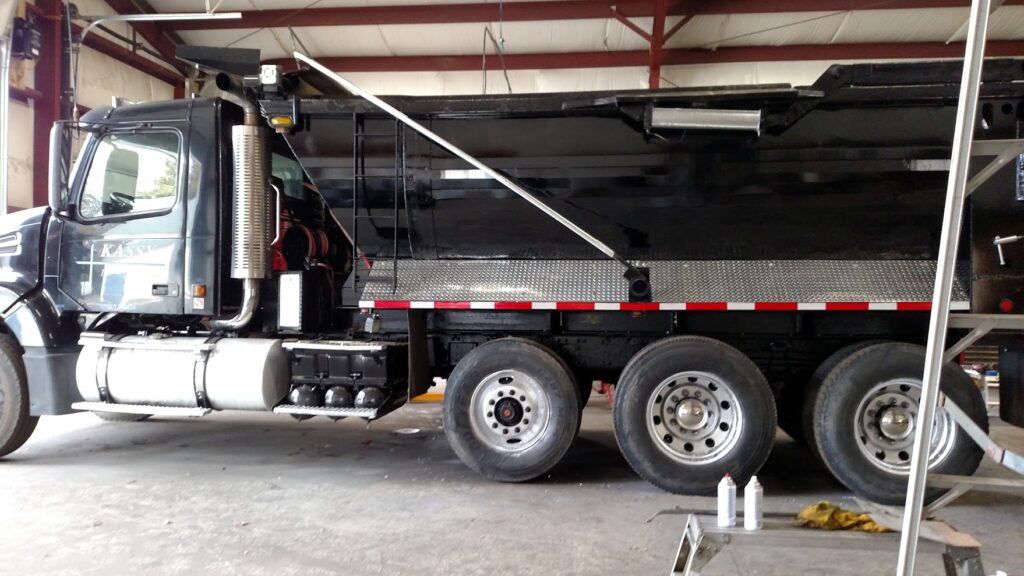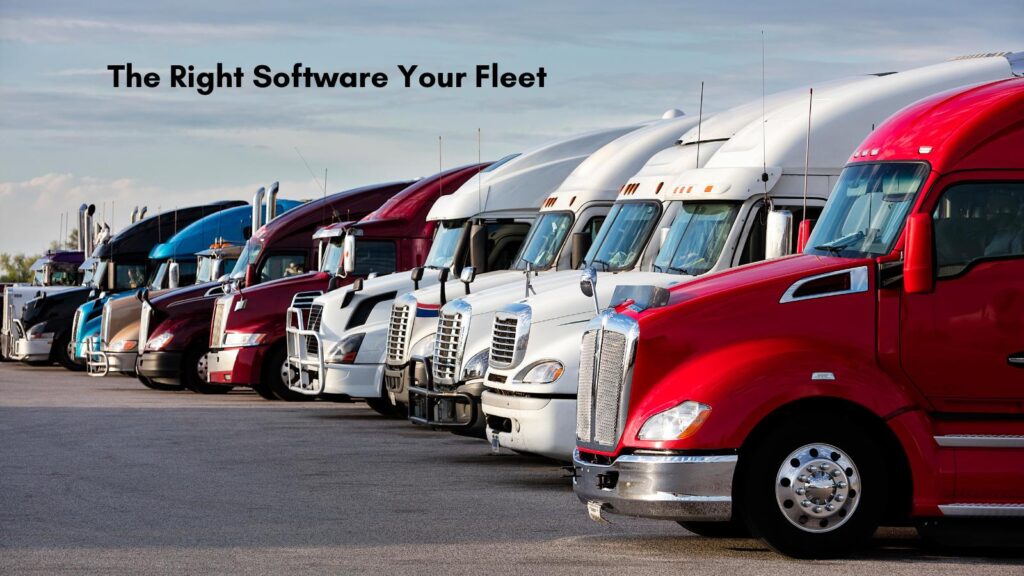Running a fleet business without the right software is like trying to drive without a map; you’re bound to hit bumps and take wrong turns. Efficient software is the backbone of any successful fleet operation.
The right software saves time, cuts costs, and keeps everything running smoothly. With the right tools, managing fleets becomes more manageable for everyone involved, from drivers to managers.
Table of Contents
Simplifying Fleet Operations
Fleet businesses deal with a lot of moving parts, literally. Manually managing routes, schedules, and dispatches is time-consuming and leaves room for errors.
The right software automates these tasks, ensuring optimized routes, clear schedules, and seamless dispatching.
For example, fleet software lets you plan everything digitally instead of scribbling down routes on a notepad. If a delivery address changes at the last minute, the system adjusts it in real-time and communicates it to the driver.
This kind of automation eliminates manual errors and keeps operations running like clockwork. The best part? It saves hours that can be used to focus on growing the business.

Vehicle Tracking
In today’s fleet industry, keeping tabs on vehicles is no longer optional. Vehicle tracking software offers complete visibility into your fleet’s movements. It helps monitor locations, driver behavior, and even fuel consumption.
This is especially important when considering compliance standards like “eld vs aobrd.” ELDs (Electronic Logging Devices) and AOBRDs (Automatic Onboard Recording Devices) are tools used to track drivers’ service hours.
However, ELDs are more advanced and are now mandatory for many fleets. A good fleet software simplifies the transition to ELDs while ensuring compliance.
Beyond regulations, real-time tracking improves logistics. You’ll know immediately if a driver gets stuck in traffic and can reroute them. It also holds drivers accountable, making them more likely to stick to safe driving practices.
Fuel Efficiency with the Right Software
Fuel is one of the most significant expenses for any fleet business. The right software makes it easier to track fuel usage and identify inefficiencies. It analyzes patterns, such as excessive idling or inefficient routes, and helps you find ways to cut costs.
For instance, you might discover that one route consistently uses more fuel than others. With this insight, you can adjust the route or explore alternatives. Over time, these minor tweaks lead to significant savings, and who doesn’t love saving money?
Maintenance Management
Unexpected breakdowns can derail your schedule and drain your budget. Fleet software helps you avoid these issues by managing maintenance effectively. It records vehicle history and provides automated alerts for oil changes, tire rotations, or brake inspections.
Imagine being reminded that a truck needs servicing before breaking down on the highway. That minor alert prevents costly repairs and ensures your vehicles are always in top shape. With downtime reduced, you can meet deadlines consistently and keep customers happy.
Conclusion: The Right Software
For a fleet business, using the right software isn’t just a nice-to-have; it’s a must. The benefits are unmatched, from simplifying operations and tracking vehicles to managing maintenance and staying compliant.
You can focus on growing your business when your tech is doing the heavy lifting.
FAQS: Why Choosing the Right Software Matters for Fleet Management
What are the main benefits of using fleet management software?
It helps track vehicles, optimize routes, reduce fuel costs, and improve compliance.
Can the right fleet software save money?
It can identify inefficiencies, reduce fuel usage, and cut maintenance costs.
How does the software improve vehicle maintenance?
It schedules routine maintenance, sends alerts for issues, and reduces costly breakdowns.
Is fleet software necessary for small businesses?
Even smaller fleets benefit by improving efficiency and managing resources more effectively.
What features should I look for in fleet software?
Look for GPS tracking, fuel monitoring, maintenance scheduling, and reporting tools.
Does fleet software help with compliance?
Yes, it ensures your business meets regulations by tracking hours, inspections, and documentation.
How does GPS tracking make a difference?
It provides real-time vehicle locations, improves delivery times, and reduces unauthorized use.
How is it different from regular tracking apps?
Fleet software combines tracking with analytics, reporting, compliance tools, and maintenance features.
What’s the ROI of investing in fleet software?
The return shows in reduced costs, improved efficiency, and better customer satisfaction.




